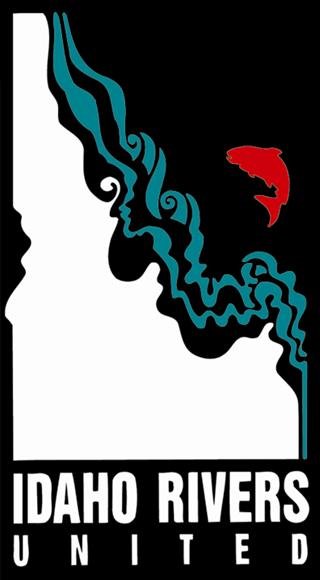Columbia Basin Collaborative Meeting Recap
The Columbia Basin Collaborative’s (CBC) Integration and Recommendations Group held its first official meeting late last month virtually over Zoom. This was the first of a year-long series of meetings focused on regional salmon recovery. The process was brought about by a four-state agreement signed in the fall of last year between Idaho, Oregon, Washington, and Montana. State representatives aim to work with federal partners, Tribal co-managers, and other stakeholders on a regional salmon and steelhead management framework that will work towards achieving abundant and harvestable salmon populations.
State representatives made clear that Lower Snake River dam (LSRD) breaching would not be on the table for discussion, instead directing the group to focus this initial meeting on the subjects of harvest and predation. Members representing Tribal governments, fishing interests, and conservation groups took issue with this limitation, urging the group to take advantage of this unique opportunity to recover wild Snake River salmon that has been brought about by recent political movements.
Discussions on breaching the LSRD’s have been kick-started by the Biden Administration as a result of a stay in litigation on the federal government’s hydrosystem management plan. The decades-long cycle of this plan getting stricken down in court over a failure to protect endangered salmon and steelhead has been halted until the end of July.
Pausing the “salmon wars”, as Congressman Mike Simpson has called the litigation, opens up an opportunity for once in a generation dialogue between stakeholders that could finally lead to dam breaching and wild salmon recovery. Governor Jay Inslee and Senator Patty Murray in Washington have promised a process that will closely collaborate with the Administration’s work, addressing the “what would it take” questions surrounding LSRD breach.
At the CBC meeting, many group members questioned the usefulness of the four-state collaborative if there are no discussions on LSRD breaching and other regional issues of importance, such as rebuilding the extirpated Upper Columbia River salmon runs and addressing other native species’ habitat destroyed by dams.
If the four states are sincere in wanting to achieve abundant, harvestable salmon runs, engaging with the issue of Snake River salmon recovery at CBC meetings is imperative. The CBC will reconvene in January, where LSRD breach promises again to be at the forefront of many group members' thoughts.

